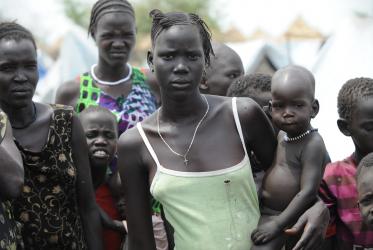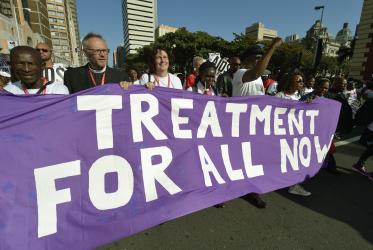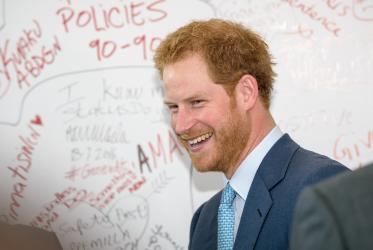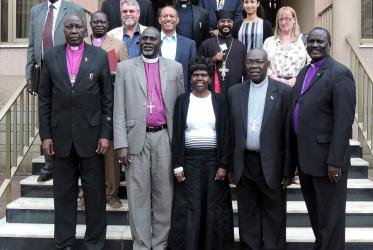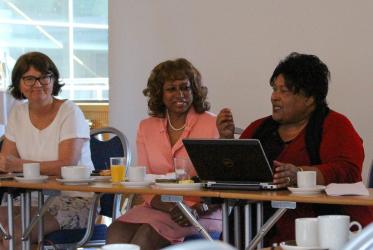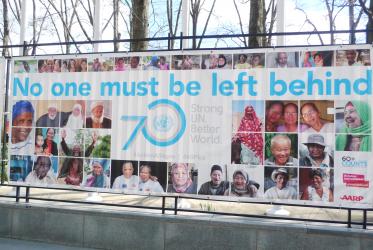Displaying 161 - 180 of 339
Star power shines light on AIDS epidemic
21 July 2016
Children are being let down over HIV care
17 July 2016
AIDS 2016: “Stigma kills more people than HIV”
17 July 2016
In Ghana, women bring open minds, honest words
05 July 2016
New Executive Committee members elected in Trondheim
28 June 2016
WCC conference explores ecological injustice in Uganda
21 April 2016
